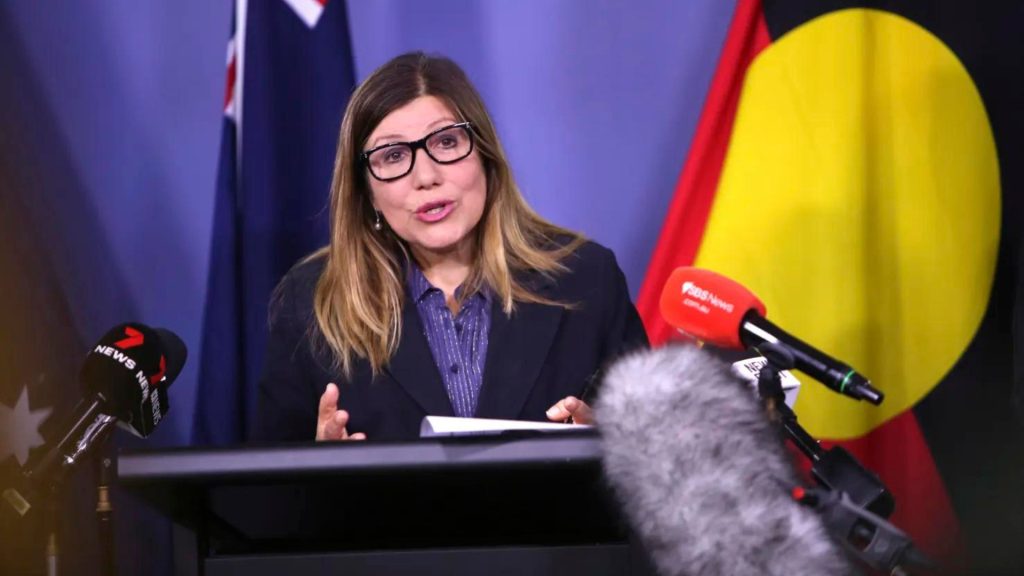The NSW Government has committed $5 million in critical funding for silicosis research and a patient support program for individuals and their families navigating the health risks associated with exposure to silica dust.
Building on the world-first manufactured stone ban, the NSW Government today delivered on its election commitment to support research which centres firmly on silica dust-related disease diagnosis, treatment and care.
The grant funding, administered collaboratively by icare and the Dust Diseases Board, will provide a total of $5 million over three years to the Asbestos and Dust Diseases Research Institute (ADDRI).
This funding enables research into prevention, diagnosis, therapeutic procedures, and treatment of silica dust-related diseases with the aim of improving outcomes for people diagnosed with silicosis.
ADDRI is currently working towards:
- Accelerating and expanding laboratory-based research into silicosis (early diagnosis and treatments).
- Reducing barriers to diagnosis by establishing a NSW specialist Dust Disease Multi- Disciplinary Team.
- Improving GP education about dust diseases to reduce misdiagnosis.
- Expanding collection of tissue samples through ADDRI’s Biobank.
Internationally regarded as a leader in their field, the institute’s goal is to save lives through three priority areas: laboratory research; clinical sciences; and prevention and public health.

icare, through the Dust Diseases Board, has a grants programs which has delivered investment into dust disease research, including providing funding to the Asbestos Diseases Foundation Australia, the Lung Foundation Australia and research programs at the University of NSW, the University of Sydney and the University of Technology, Sydney among others in financial year 2022-23.
The NSW Minister for Work Health and Safety Sophie Cotsis said, “last year we led the country in calling for a ban on manufactured stone, to protect the lives of workers so that no one else is exposed to this substance.”
“Even after the ban, anyone who has ever worked with engineered stone remains at risk of developing silicosis,” the Minister added.
“Today’s funding announcement delivers on our election promise to invest in research and care programs for NSW workers living with silicosis.”

